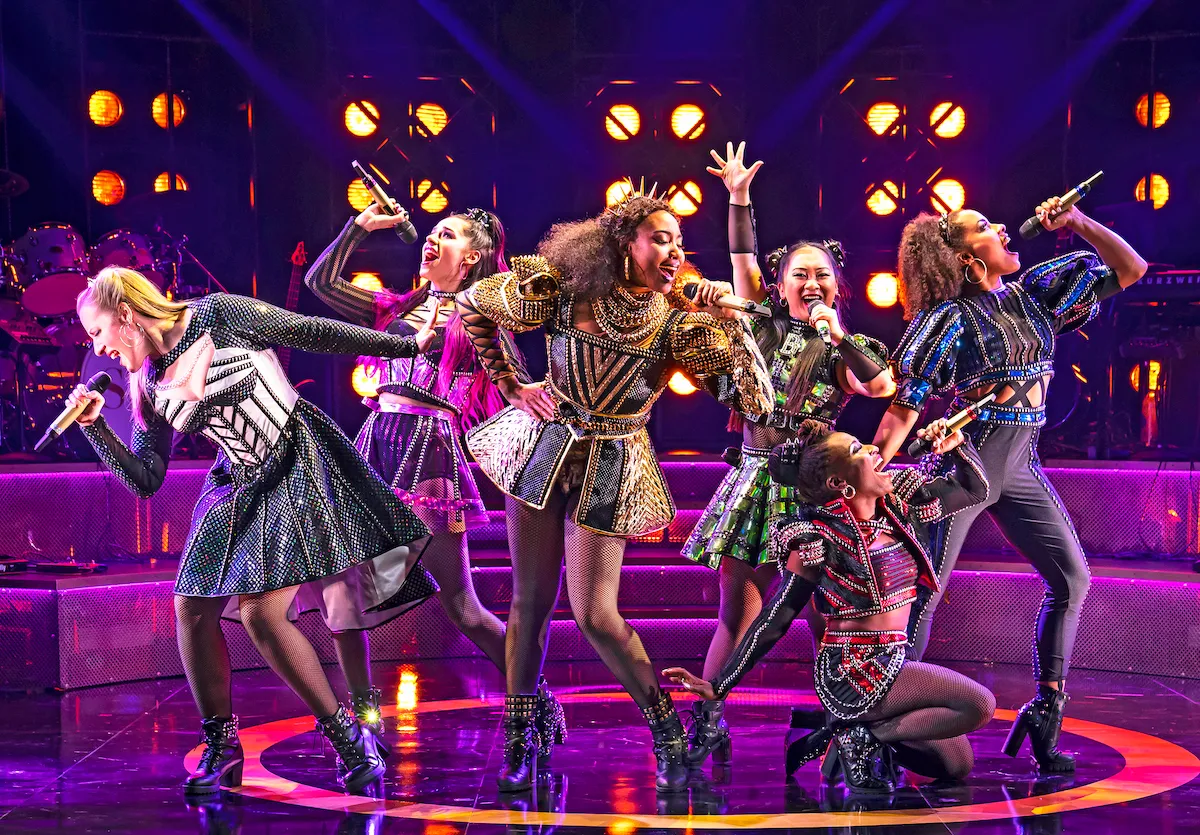Musical theatre hasn’t always had the best track record with women—maybe because this has always been a man’s world, and theatre has been no exception to that. Though it’s a diverse wonderland of unique voices and stories, women have typically gotten the short end of the stick. Typically side characters or driven by their love of a man and willing to sacrifice parts of themselves for that love, women have never really had a place to take a stand and, when they did, they were in musicals that no one supported.
It’s a bad cycle and one that has made me frustrated, but then, in the last few years, it began to change. Whether it with revivals or shows set around actual history, women have begun to make their mark. With revivals like Oklahoma!, we’re seeing a transition from praising the old, sexist ways of musical theatre into a new era where we look at these characters and understand that their original characterizations are not something we should be returning to in the modern era (something I wish that Kiss Me Kate would have picked up on).
Moulin Rouge! is also tackling Satine and taking her from the sexualized Sparkling Diamond and, apparently, giving her more of a role in her own life (I have not seen it yet, and I can’t wait to discover this for myself, because Moulin Rouge! is one of my favorite movies). But it has taken us up to now to get to the point where we’re even considering women as these kinds of characters. It’s 2019, and the idea of a woman taking on the role of Bobby in Company is still considered revolutionary, and it, honestly, shouldn’t be that way.
The most interesting part of this change comes in the form of history musicals. With Hamilton, we learn of the importance of both Eliza Hamilton and Angelica Schuyler Church, and the musical doesn’t really change the history of these women. At the time, Eliza Hamilton could not leave Alexander once he cheated on her, but she didn’t let him stop her from following her own desires and doing everything she wanted. Eliza Hamilton formed a school, used the time she had that Alexander Hamilton didn’t, and used it for good, making the world a better place. And what are we often taught about? Alexander.
So what’s beautiful about this new trend in musicals is that we’re focusing on the women of these stories, of their accomplishments, and pushing the men to the backburner. Sure, Hamilton is still a musical about Alexander Hamilton, but that doesn’t mean that Eliza and Angelica are not important characters. If anything, their stories are some of the most interesting in history.
From there, though, we end up with musicals like Six. A show that ‘s sold to us like a pop concert with the six wives of Henry VIII, it’s one that I felt like I wouldn’t like—one of those musicals that wasn’t for me. Then, I listened to the London cast recording and was shown just how wrong I was.
Before we get into it, here is Anne Boleyn singing “Don’t Lose Ur Head.”
Promoting the idea that we should look at Henry VIII’s wives for their accomplishments instead of as “his wives,” the end number had me in tears. If these women weren’t forced into a marriage with Henry or stuck in a world where they had to produce a male heir or die, they could have been so much more than just “the women Henry VIII divorced or beheaded.”
What I hope happens with shows like Six, Hamilton, and the revival of Oklahoma! is that we start to look at the women in our musical theatre and focus on their stories just as much as we do with the men. I can list so many female characters in musicals that don’t get enough time to shine who are about ten times more interesting than the men in the same show (looking at you, Ilse in Spring Awakening), and I want to start to appreciate these amazing female characters and historical figures for what they are.
(image: Liz Lauren)
Want more stories like this? Become a subscriber and support the site!
—The Mary Sue has a strict comment policy that forbids, but is not limited to, personal insults toward anyone, hate speech, and trolling.—









Published: Aug 5, 2019 04:46 pm